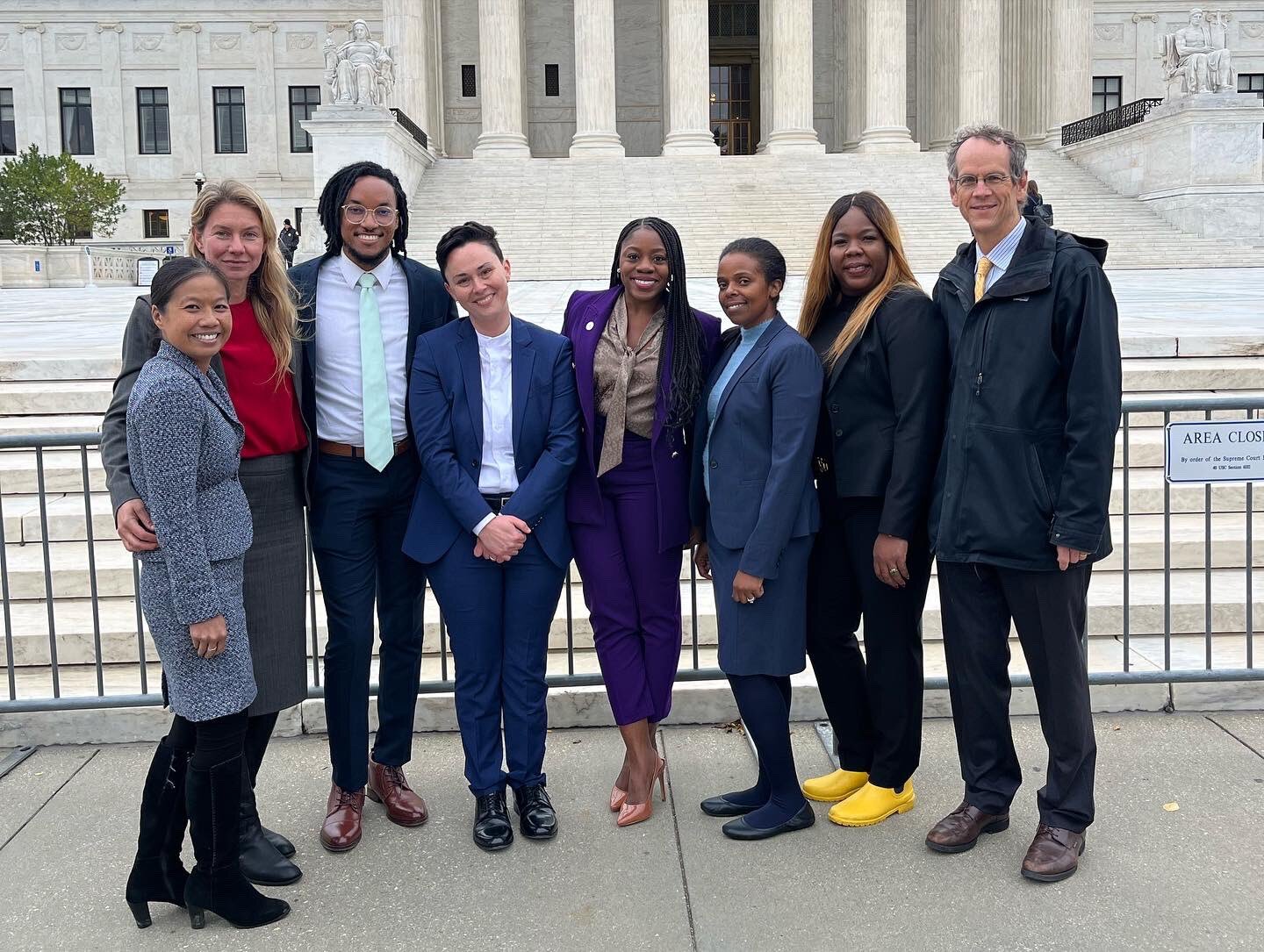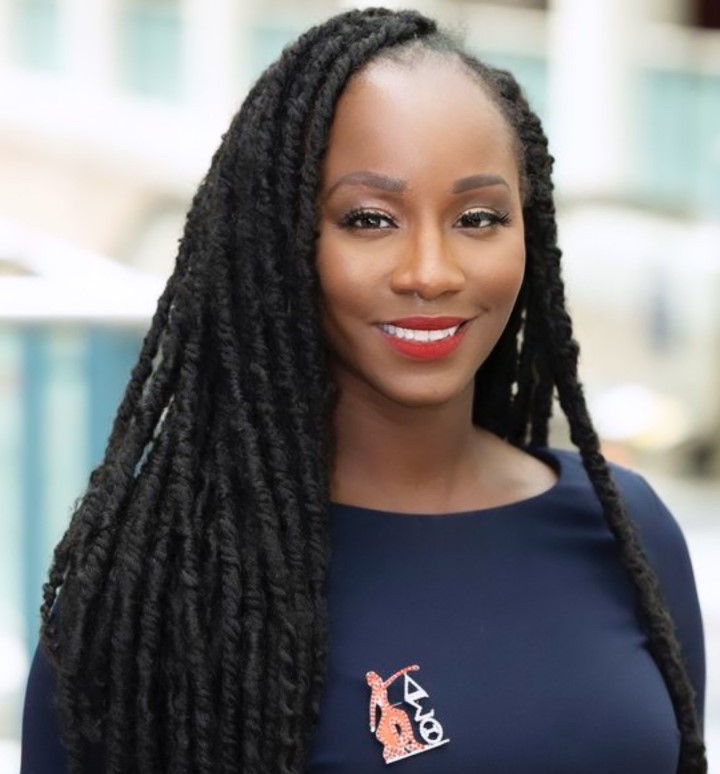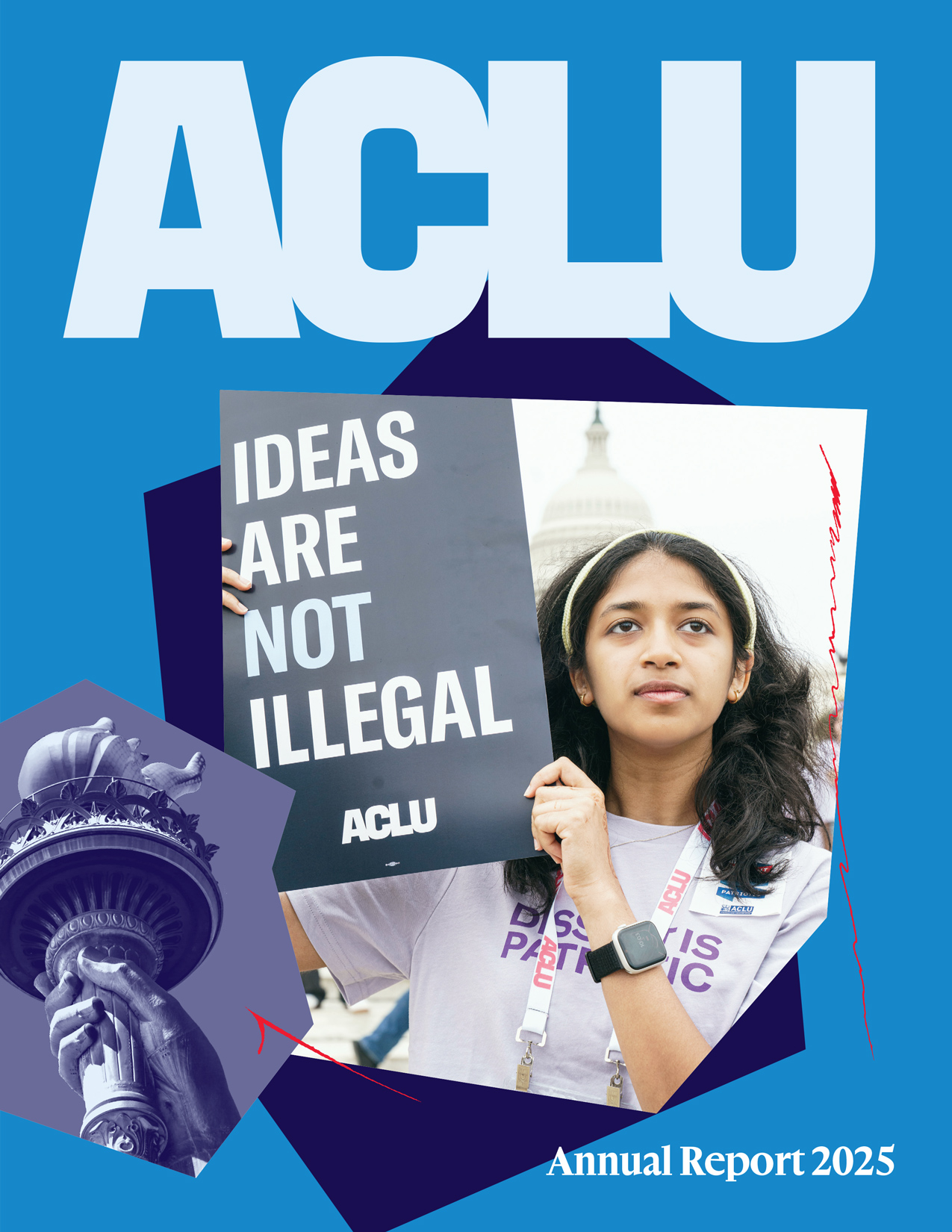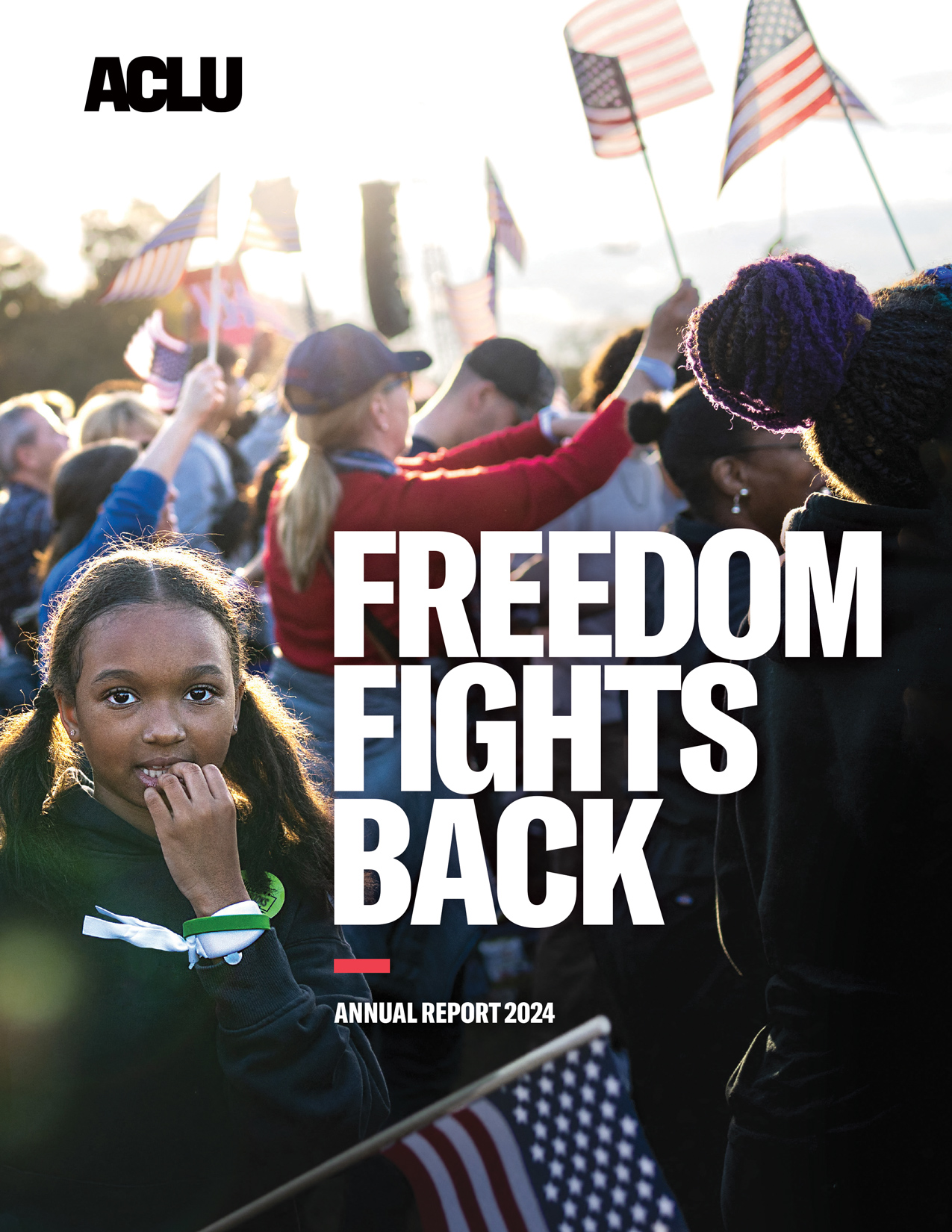Safeguarding Voting Rights
The ACLU is leveraging our on-the-ground presence in every state, D.C., and Puerto Rico to defend and expand the right to vote.

The legal team of Allen v. Milligan
With the 2024 elections on the horizon, assaults on our voting rights continue unabated—from wide-ranging voter suppression efforts to racial gerrymandering and other tactics designed to disenfranchise voters of color. With your support and advocacy, we have mounted a robust defense against these anti-voter attacks. We spent the past year deploying strategic litigation and advocacy to fight for fair maps, voter restoration, policies that make voting easier, and equal access to the ballot, especially in the South.
While the “big lie” of election fraud remains a threat to our democracy, the U.S. Supreme Court unexpectedly bolstered voting rights in two critical cases. We submitted an amicus brief in Moore v. Harper, in which the court forcefully rejected the radical “independent state legislature theory,” ruling that the U.S. Constitution’s elections clause does not allow state legislatures to ignore their own state constitutions when making rules for federal elections. And we secured a historic, far-reaching win in Allen v. Milligan, in which the court affirmed our claim that Alabama’s 2021 congressional map violated the Voting Rights Act by unfairly diluting Black voting power. This ruling may positively impact 12 active ACLU redistricting cases.
These victories have a direct impact on individual voters, such as activist and veteran Shalela Dowdy. One of the plaintiffs in Allen v. Milligan, Shalela is an Alabama native who joined the suit to make sure that the voice of everyday Alabamians is heard.
Client and activist Shalela Dowdy spoke to the ACLU about the significance of the Alabama redistricting case Allen v. Milligan:

Shalela Dowdy, ACLU client and activist
The priorities of Black Alabamians are not being reflected in the state’s politics. The state leadership doesn’t look like what our state looks like. The bills passed in our statehouse are only reflective of a certain percentage of Alabamians. And then those who represent us in Congress and the Senate are only one demographic. It’s as if the voices of Black voters in Alabama are silenced.
Mobile, Alabama, is my hometown. I knew with the 2020 census comes the redrawing of the maps. And I knew what the map looked like beforehand and what the Black population in the state was. I was in a fellowship with the Southern Coalition for Social Justice, where my goal was to educate people on what redistricting is and play a role in informing our legislation. I spoke at one of the public hearings in front of the state legislators who were part of the redistricting committee, and everybody was advocating around the state to make sure the Black vote did not get diluted.
We have seven congressional districts, and in the new map, only one of the districts was drawn in a way where a Black candidate could be elected. That gave the Black population of Alabama only 14 percent representation when according to the 2020 census, the Black population of Alabama is around 27 percent. We should have two districts out of the seven. I was not surprised when I saw the maps. It just was disheartening to see that the voices of the people who spoke out about the maps went unheard.
I chose to get involved in this case because I was doing work centered around redistricting, and I didn’t see a lot of people in my area of the state doing this work. We needed a plaintiff from every district, and I said, sign me up to represent the first congressional district. I’m ready.
Even though this was about Alabama, minorities and those who consider themselves allies all need to be amplifying this case. It’s about representation and who’s going to vote and care about not only Black citizens but all the citizens in their area.
I hear on a consistent basis, “Oh, I’m not going to vote. My vote doesn’t matter. Nothing changes.” But I always take it back to where we’ve come from. Somebody had to fight for us to get at least where we are now. We should not get comfortable, because the playing field is not even. Alabama is leading the way in this Black vote dilution cause, and Alabama kind of led the way in voting rights back in the day. Bloody Sunday, they were literally trying to cross a bridge in Selma to walk 40 to 50 miles to register to vote.
What I try to do is talk about these voter suppression laws being passed across the country. I know people who sit in line for eight hours to vote because in Black communities they don’t have as many voting machines; they want to encourage you not to vote. So, I talk about where we’ve been, where we’re going. If your vote wasn’t powerful, they wouldn’t be making it harder for you. Simple as that.
You can learn more about Shalela Dowdy’s story here.
ACLU Impact
Check out the full report below. You can download a more print-friendly spreads layout here.


